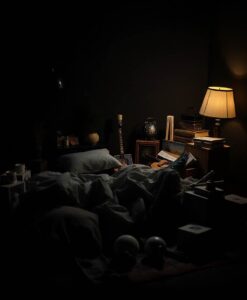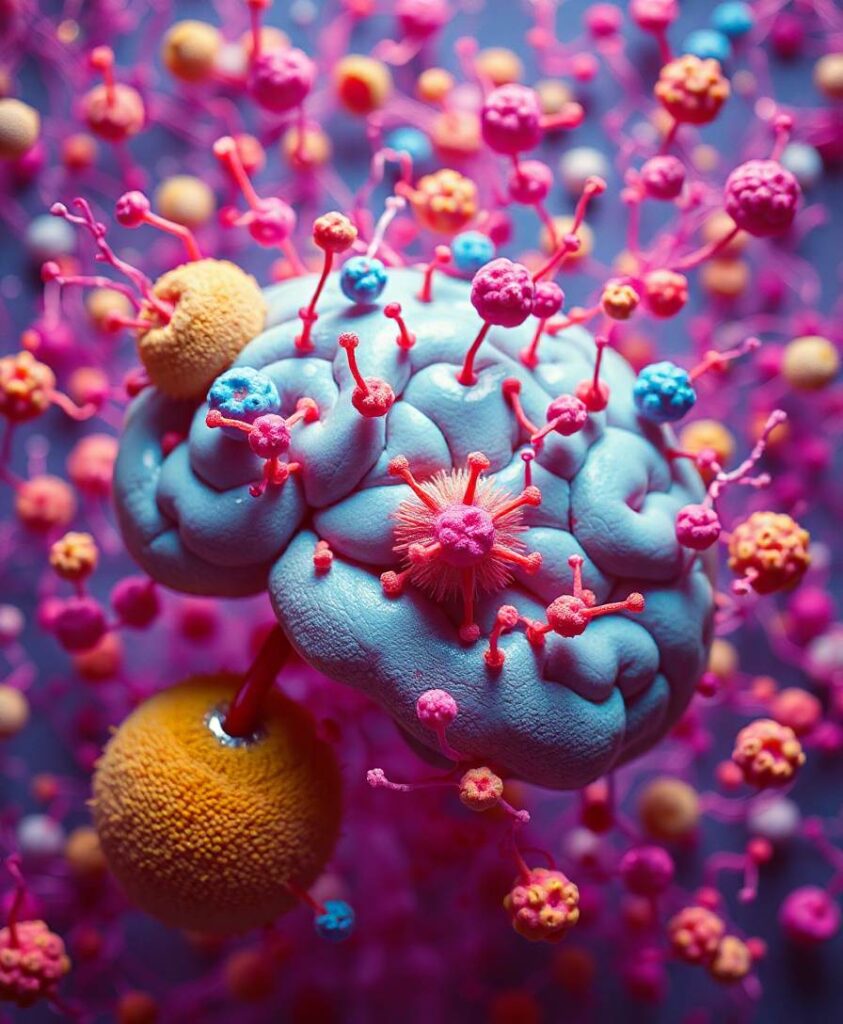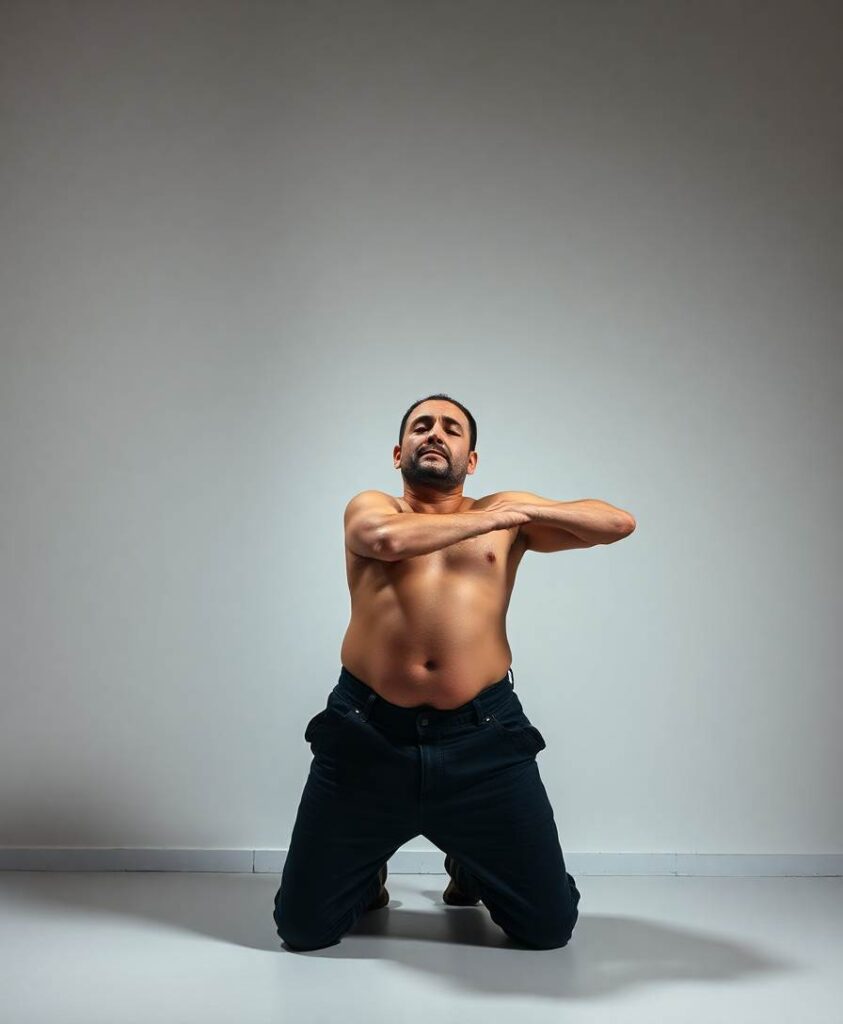Researchers study sleep with careful tools: wrist sensors that record movement, brain recordings that track sleep stages, and questionnaires that capture how people feel during the day. These methods reveal patterns that might line up with lunar cycles, but patterns can be subtle and depend on light exposure, cultural habits, and where people live. Teasing apart an effect that is small or irregular takes many participants, repeated measurements, and attention to how modern life changes our nights.

If the moon does influence sleep, the implications reach beyond curiosity. Findings could change how we design evening lighting, how clinicians assess sleep complaints, and how communities support healthy rest for people with different needs. Explore the full article to see which kinds of evidence scientists find most convincing and how their results might help people sleep better, feel more resilient, and include diverse experiences in research and care.
For centuries, people have wondered if the moon has the power to influence our behavior and health. Many believe that when the full moon’s radiant glow lights up the night sky, it can stir something deep within us-affecting our sleep, emotions, and even our sanity. In fact,…



